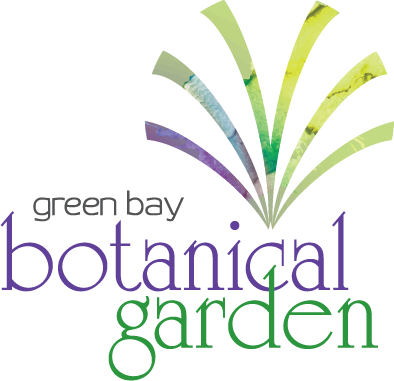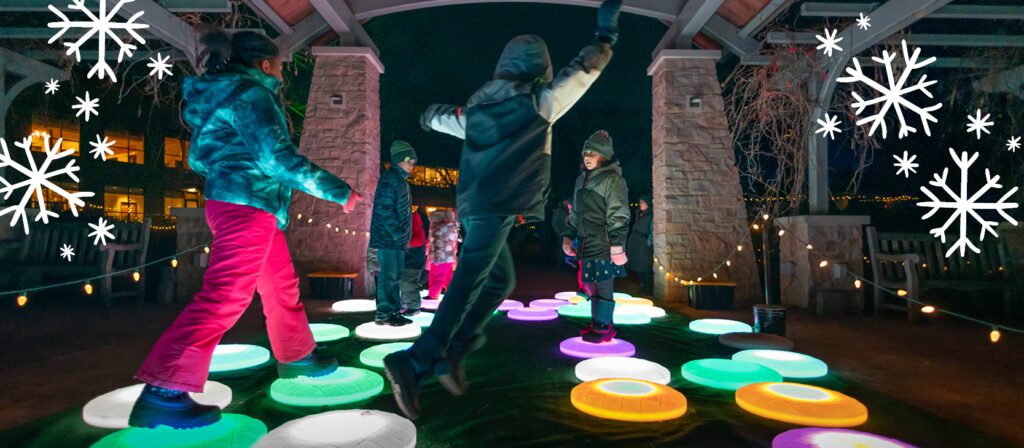The central theme of Habitat is “Protecting Habitats Protects Life,” but how? Why should we care about these habitats around us?
Simply put, a habitat is the natural environment of an organism – it’s where living things live. But habitats are anything but simple. Habitats provide the most basic needs for the beings that live there – food, water, shelter – but they also provide many resources for them to thrive. They provide protection from predators, needs for reproduction, the right temperatures for survival, and more.


Wisconsin Habitat Facts:
- We have four main habitats: Forest, Lake, Prairie, and Wetland.
- Wisconsin has more than 15,000 lakes.
- Door County has more shoreline habitat than any other county in the U.S. – over 250 miles.
- About 1,800 native plants and 700 native animals have been identified in Wisconsin, with thousands more species of plants, animals, and fungi living here.
- There are 28 Wisconsin species on the federal list of threatened and endangered species, while the DNR has identified more than 150 threatened and endangered organisms.
- One of the most endangered species of bumble bee – the Rusty Patch – was sighted at the Garden last summer!
When habitat areas are lost – whether through natural causes like tornadoes, hurricanes, floods, and storms, or man-made causes such as development, deforestation, overharvesting of natural resources, introduction of invasive species, and pollution – the organisms that called that habitat home become homeless. While some organisms can thrive in many areas, others use only very specific and localized habitats. For them, death becomes imminent with habitat loss.
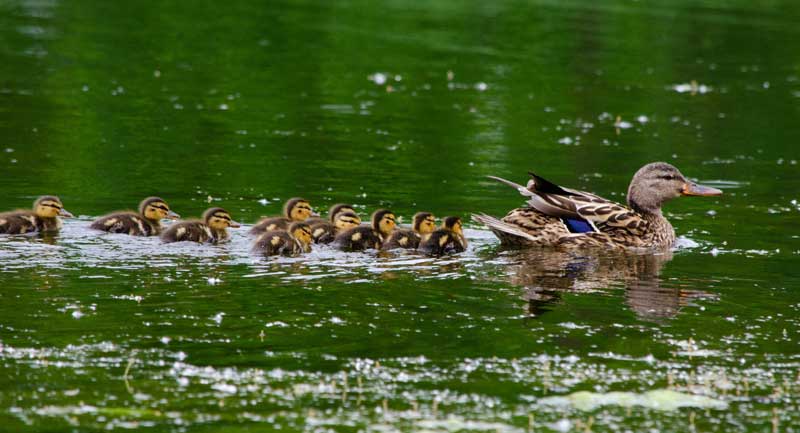

According to the World Animal Foundation, 85% of the International Union for Conservation of Nature’s Red List of threatened species are truly threatened by the loss of their habitat.
When a species (a specific kind of organism) goes extinct, it can have a ripple effect beyond measure. Consider a simple food web, one that we know well in the Garden – a plant provides food for an insect, who in turn becomes food for a larger animal, then when that animal dies, it’s decomposed, its elements go back into the soil, that then feeds plants. If one of these components becomes extinct, the web falls apart.
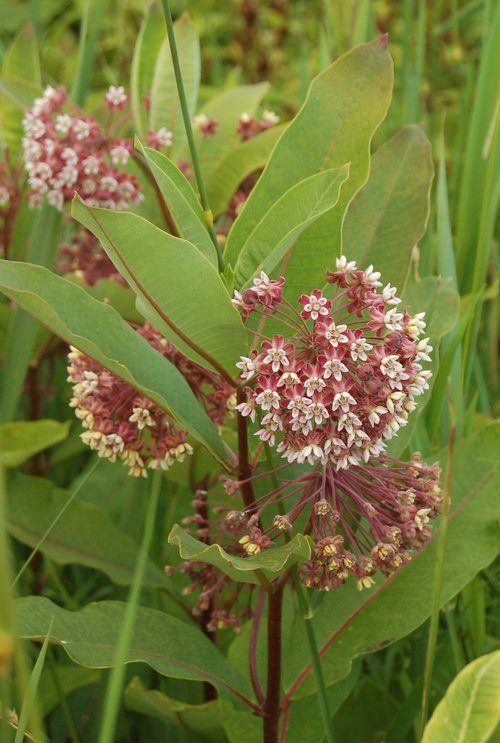

Now, you may think “who cares if one type of plant goes extinct, there are lots of others”, but that plant might be the only thing an insect eats.
An example you’re likely familiar with – the caterpillar of the Monarch butterfly only eats milkweed. If milkweed goes extinct (or its habitat is fragmented to the point that the butterflies can’t find it to lay their eggs), monarch caterpillars will no longer have a food source.
Then – no more monarch butterflies! All of the animals they feed will struggle, the plants they pollinate will be affected, and so on.


But there is hope! Habitats can be rebuilt or their loss slowed, and you are a vital part of that.
Visit the Garden to view Habitat and explore the stories and science of habitats and the plants, animals, and humans that call them home, including how you can help protect them.
Habitat officially opens on Sunday, May 1! Admission is free for Garden Members, and included with Garden admission.
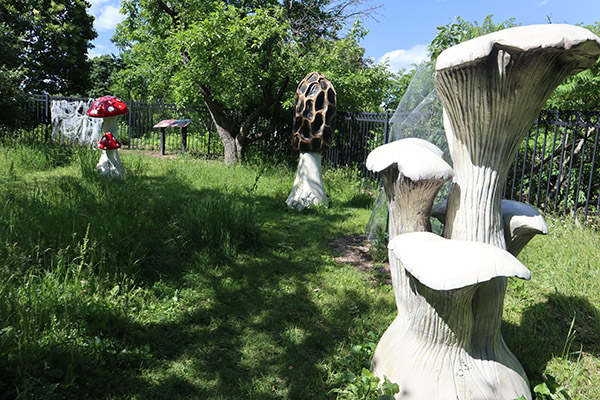
Mushroom Sculptures by Ben Buschke Carving
Habitat was developed by Smithsonian Gardens and is made available by the Smithsonian Institution Traveling Exhibition Service.


This article originally appeared in the May-August 2022 Newsletter.
Sources
